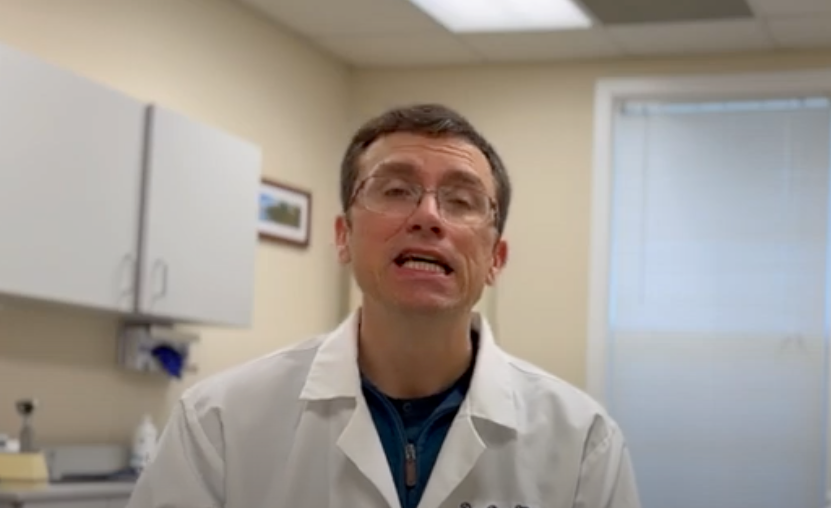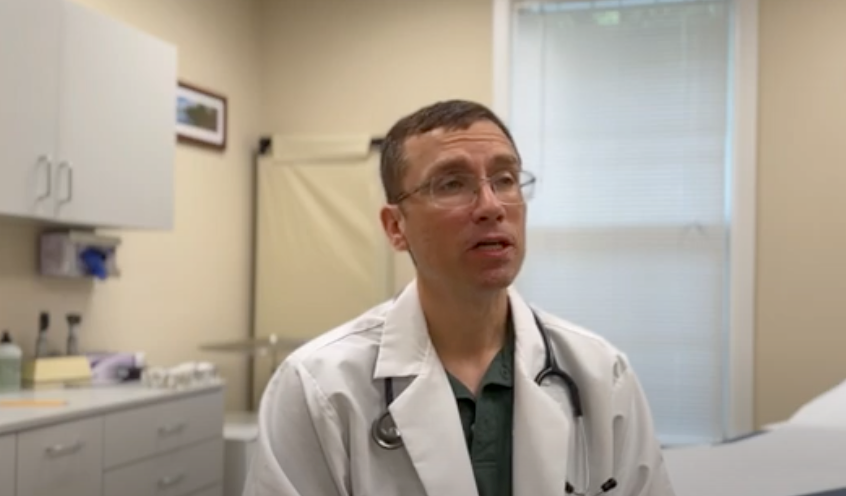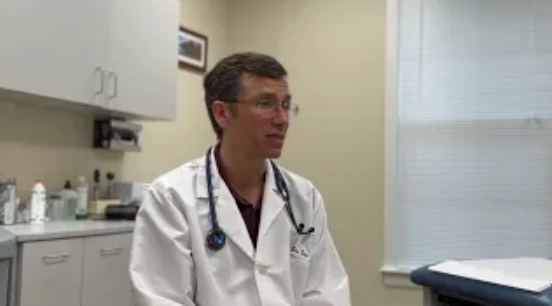Let's talk hot flashes! – RevMed & Infinity Health
May 22, 2023
Dr. Dan Moore of RevMed and Madison Kiley of Infinity Health join River City Podcasts to discuss all things menopause! This is a topic that all women face, yet it is rarely discussed in a way that we can learn and understand what is happening to our bodies as we age. Get information and tips from our medical experts!
www.InfinityHealthVA.com
www.RevMedRVA.com
Thanks for listening to River City Podcast! A River City Consulting Production.
www.RiverCityPodcast.com

Health Monitoring: Your primary care doctor does more than just treat sickness; they ensure your ongoing well-being. Regular check-ups help detect serious conditions like diabetes and high blood pressure. Chronic Illness Management: Chronic illnesses affect a significant portion of Americans, leading to disability and high healthcare costs. Conditions like diabetes, high blood pressure, and heart disease can be managed effectively with the help of a primary care physician. Medical Home Establishment: Having a primary care doctor means having a central point for healthcare needs, from acute illnesses to routine check-ups. It ensures continuity of care and allows for long-term health monitoring. Specialist Access: Primary care doctors facilitate access to specialists when needed, ensuring coordinated care and comprehensive treatment. Health Maintenance: Research suggests that individuals with primary care physicians tend to be healthier, adhering better to medications and receiving regular screenings like mammograms. Cost Reduction: Regular visits to a primary care doctor can lower overall healthcare costs by preventing serious illnesses and detecting conditions early, when they're more manageable. Health History Management: Your primary care doctor maintains a comprehensive record of your health history, facilitating referrals and ensuring specialists have necessary information. Reduced Hospital Visits: Regular primary care visits are associated with fewer hospitalizations and emergency room visits, as early intervention can prevent complications. Enhanced Communication: Effective communication between doctor and patient is crucial for understanding treatment plans and addressing concerns. Establishing a rapport with a primary care physician fosters ongoing dialogue and clarity in healthcare decisions. Routine Screenings: Annual check-ups include essential screenings for cholesterol, blood sugar, and organ function, helping to identify health issues early on.









